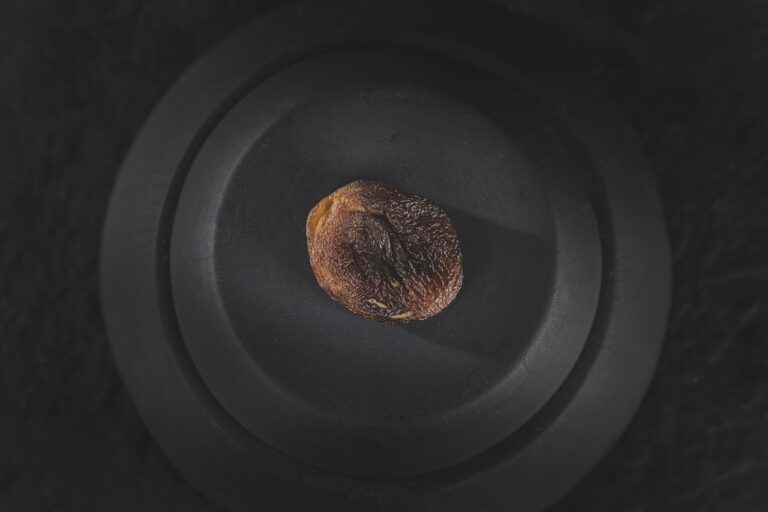Overcoming Challenges in Manufacturing Cell-based Therapies: Laserbook 247 com, Lotus299 id, 11xplay reddy login
laserbook 247 com, lotus299 id, 11xplay reddy login: Manufacturing cell-based therapies can be a complex and challenging process. From sourcing the right cells to ensuring their quality and viability, there are many hurdles that must be overcome to produce effective treatments. In this article, we will discuss some common challenges in manufacturing cell-based therapies and how to address them.
Sourcing Cells
One of the first challenges in manufacturing cell-based therapies is sourcing the right cells. Different therapies may require specific cell types, and sourcing these cells can be time-consuming and costly. To address this challenge, it is essential to establish partnerships with reputable cell suppliers and ensure that the cells meet the necessary quality standards.
Processing and Expansion
Once the cells have been sourced, they must be processed and expanded to generate a sufficient quantity for therapy. This process can be sensitive and requires careful monitoring to ensure that the cells maintain their quality and purity. Implementing robust quality control measures and utilizing automated processing technologies can help streamline this process and reduce the risk of contamination.
Storage and Transportation
Another challenge in manufacturing cell-based therapies is storage and transportation. Cells are fragile and can easily be damaged if not handled correctly. Proper storage conditions, such as temperature control and sterile environments, are essential to maintain the cells’ viability. Additionally, using specialized shipping containers and monitoring systems can help ensure that the cells remain viable during transportation.
Regulatory Compliance
Regulatory compliance is a significant challenge in manufacturing cell-based therapies. There are strict guidelines and regulations that must be followed to ensure the safety and efficacy of these treatments. Working closely with regulatory agencies and staying up to date with the latest guidelines is crucial to navigate this complex landscape and avoid potential delays or setbacks.
Quality Control and Assurance
Maintaining consistent quality across batches is a critical aspect of manufacturing cell-based therapies. Implementing rigorous quality control and assurance measures, such as performing regular testing and inspections, can help ensure that the therapies meet the necessary standards. Investing in advanced analytical tools and technologies can also help improve the accuracy and efficiency of quality control processes.
Scaling Up Production
As demand for cell-based therapies grows, scaling up production can be a significant challenge. Increasing production capacity while maintaining product quality and consistency is a delicate balancing act. Implementing scalable manufacturing processes and investing in automation and robotics can help increase production efficiency and meet growing demand.
In conclusion, manufacturing cell-based therapies presents several challenges that must be overcome to produce safe and effective treatments. By addressing issues related to cell sourcing, processing, storage, regulatory compliance, quality control, and production scaling, manufacturers can enhance the efficiency and reliability of their manufacturing processes and ultimately improve patient outcomes.
FAQs
Q: Can cell-based therapies be used to treat all types of diseases?
A: Cell-based therapies have shown promise in treating a wide range of diseases, but their efficacy may vary depending on the condition being addressed.
Q: How long does it typically take to manufacture cell-based therapies?
A: The manufacturing timeline for cell-based therapies can vary depending on the specific therapy and the complexity of the manufacturing process. In general, it can take several weeks to months to produce a batch of cell-based therapies for clinical use.
Q: What are some of the most common quality control tests performed during the manufacturing process?
A: Common quality control tests for cell-based therapies include cell viability assays, sterility testing, endotoxin testing, and genetic stability assays.
Q: Are there any special considerations for manufacturing autologous cell therapies?
A: Autologous cell therapies, which use a patient’s own cells for treatment, require additional care in processing and handling to prevent contamination and maintain cell viability. Specialized logistics and manufacturing protocols may be necessary to ensure the safety and efficacy of autologous cell therapies.







